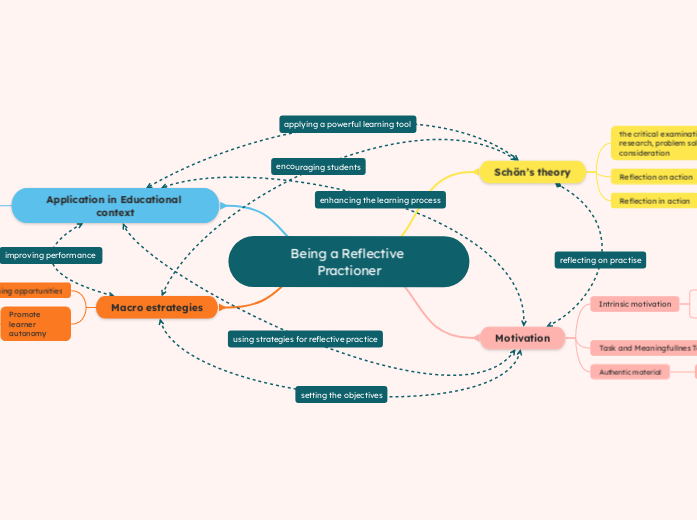a Eliana Toledo 11 hónapja
99
Being a Reflective Practioner

a Eliana Toledo 11 hónapja
99

Még több ilyen
This template will help you prioritize tasks by categorizing them into 4 main categories.
This diagram ensures you focus on critical tasks first, schedule important work for later, delegate less essential tasks, and eliminate distractions, optimizing your productivity and keeping you organized.
These tasks are neither time-sensitive nor crucial.
They are often distractions and can be minimized or eliminated to free up time for more important activities.
Tasks that require quick action but are not critical to your goals.
These can often be delegated to others, allowing you to focus on more important tasks.
These tasks are crucial for long-term success but don’t require immediate action.
Schedule these tasks for later to ensure they get the attention they need without interrupting urgent tasks.
Tasks in this quadrant are both time-sensitive and critical.
These should be your top priority and tackled immediately as they directly impact your goals and deadlines.